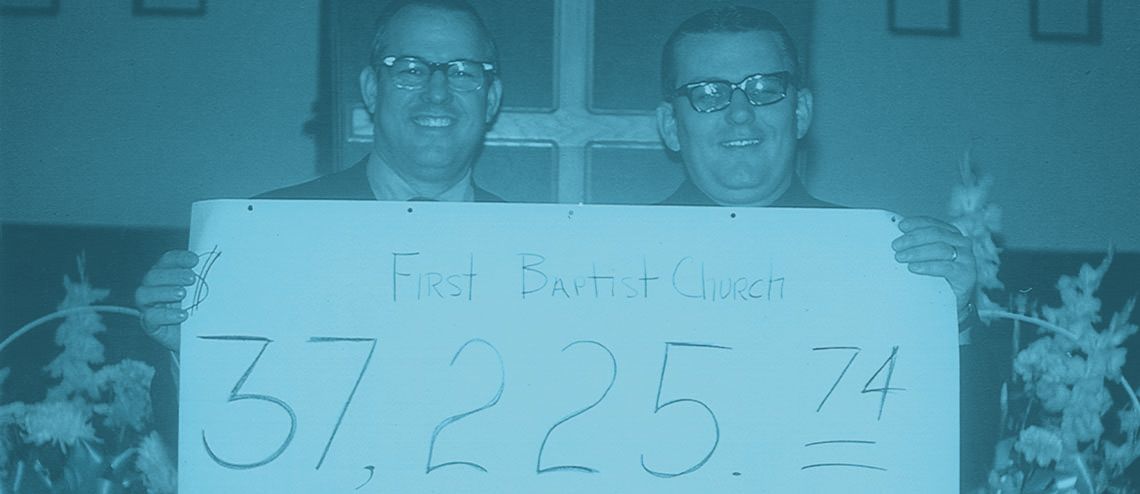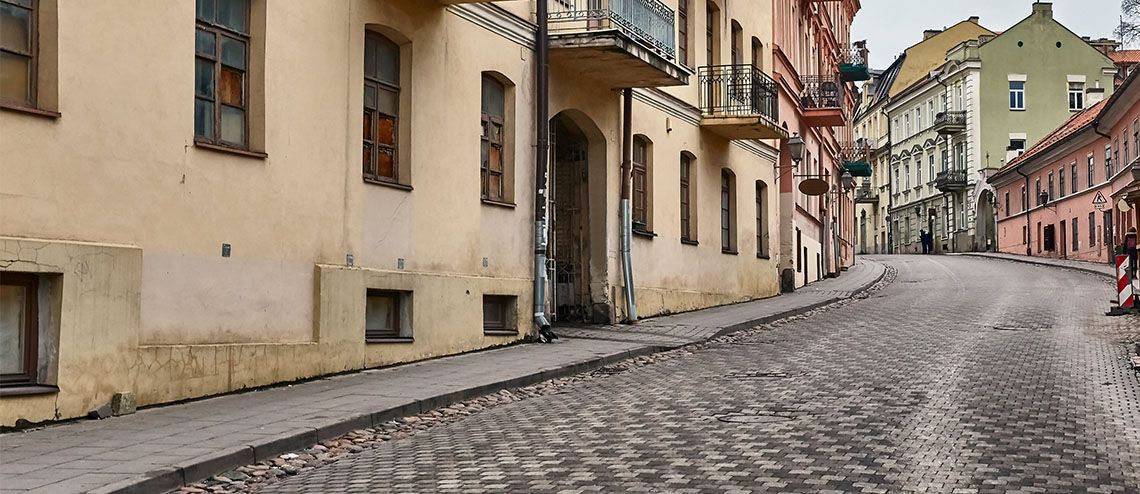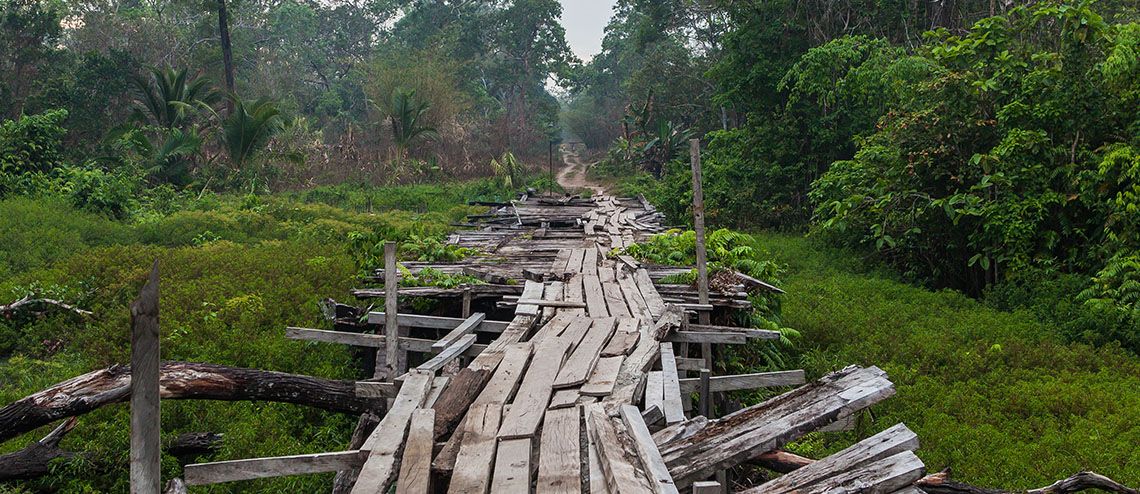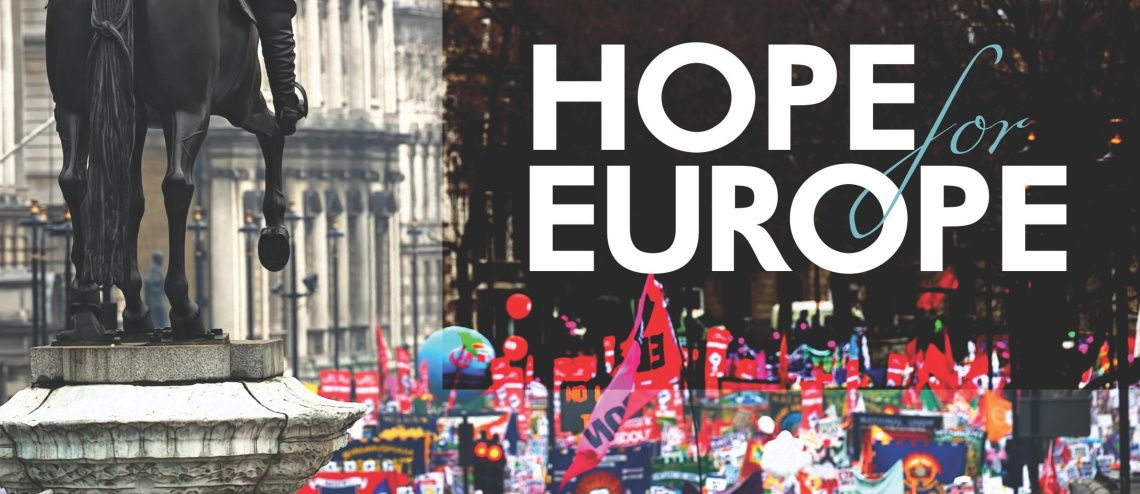Wild Wales
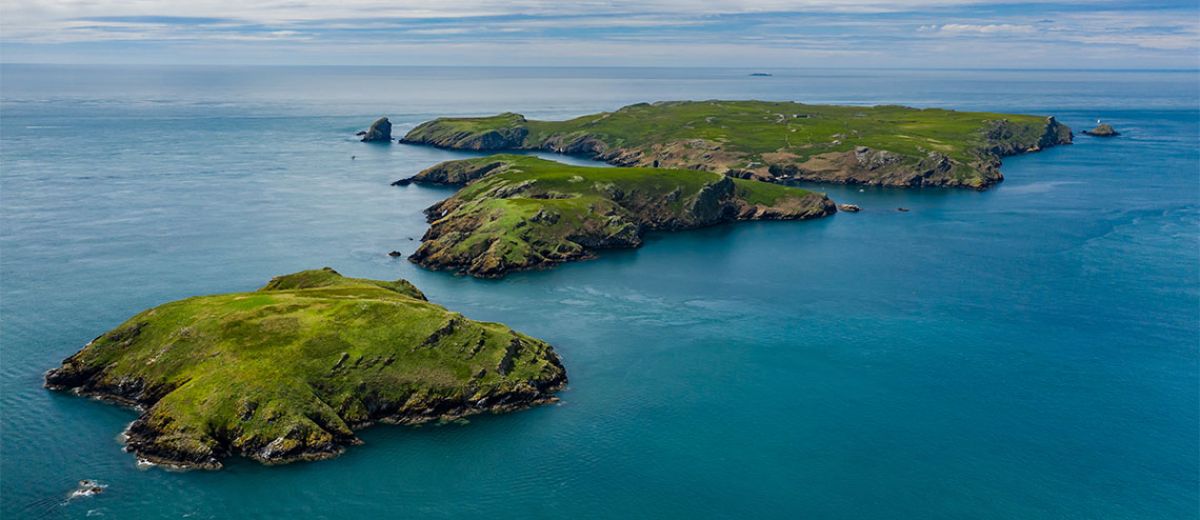
Wales is a beautiful country made of green hills, gorgeous coastlines, and a vast landscape rivaling any country in the world. Despite its physical appeal, there is spiritual darkness resting over the land, especially in south Wales, which has resulted in years of governmental reliance, distrust of outsiders, and an overall indifference toward religion as a whole. Sadly, the despondent nature present in our society began long before people gave way to their lustful desires. For nearly one hundred years, religious leaders have misrepresented Biblical doctrine, serving as ‘church’ leaders without a conviction of the need for eternal salvation or any form of personal security in what lies beyond this life.
Having said all this, Wales also has a rich history of church planting, revivals, and evangelization. Within the very valley we live and serve, the Cynon (pronounced: ˈkʊnən) Valley, famous Welsh preachers proclaimed the gospel truth, seeing thousands saved. The 18th century saw men such as Howell Harris, Daniel Rolands, David Davis, and one of my personal favorites, the old Baptist preacher Christmas Evans, who was born on Christmas Day 1766.
Christmas Evans preached the glorious gospel with what the Welsh referred to as with hwyl. Not easily translated into English, but the best definition would be with fire, fun, or exuberance. This man was soon known as the one-eyed Bunyan of Wales, and wherever he went, and what was then known as ‘wild Wales’ souls were saved, lives were changed, and Holy Ghost conviction set in like no other. Many years later, a revival would break loose under the mighty preaching through the linage of Evans’ converts, which gave way to the 1859 Cynon Valley revival; but it was more than a revival—it was an explosion of evangelism. Many church historians claim the entire valley, (40,000+) were saved. Most local churches were seeing 50-100 converts a month all the way through the 1890s as a result of this great moving of the Gospel. It truly was a movement unrivaled to this day.
Many years later, a revival would break loose...which gave way to the 1859 Cynon Valley revival, but it was more than a revival—it was an explosion of evangelism.
In the early 1900s, a Baptist preacher by the name of Thomas Price would settle in our district (Aberdare). He took a church as pastor and would plant over thirty churches through the Cynon Valley over the next several decades, having a combined membership of 7,242 members, mostly made up of migrant coal miners, who would meet together for open-air baptisms in the River Taff. Once the mines shut, the people moved on looking for work and survival; and sad to say, the churches began to close. One by one, each church would lose its pastor, then members, and finally close the doors. As of today, there is not one church planted by Thomas Price in existence. At one time throughout Wales, there was one church closing every week. Even today, many churches are only held together by a few ladies and the occasional pulpit supply. Doctrine has been lost, sound Biblical teaching and the desire to reach the lost seemed to go the way of the dinosaurs…and the community took notice.
Therefore, at the center of reaching any soul in the land will not be the latest church growth 101 methodologies, nor the food pantry programs and big day extravaganzas. Social programs have run amuck here; many are without employment and happy to live off the backs of those who are working. The overwhelming majority of people are atheistic in their beliefs and lifestyle. Less than 1.5% of the population attend any church on any given Sunday. Relationships are the key; we have all heard of the cliché, “no one will care how much you know, until they know how much you care.” This could not be more true than in Wales, the land known as the defeated nation whose bloodline dates back to the original Britons and whose Baptist heritage can be traced back to 63 A.D.
Relationships are the key; we have all heard of the cliché, “no one will care how much you know, until they know how much you care.” This could not be more true than in Wales...
The test to reach the Welsh with the gospel has little, if anything, to do with history; most are not even privy to the enormity of Christian influence that powered through their streets, homes, and church houses at one time. This test, this proving ground, is about the precise moment wherein we stand and the future which lies before. It is rooted and grounded in a relationship built upon esteeming them better than ourselves, laying aside cultural, grammatical, and citizenship differences, and making a home alongside those the Lord has called us to reach with the life-giving Gospel of Jesus Christ. It is a long game played in Wales; nothing will be done quickly, but rather as a result of interjecting yourself into the lives of the people around you. Joining hand in hand, learning to live as they do, and acclimating to the very village in which we reside, all the while raising the standard of Christ-like living based upon the never- changing Word of Truth, by which we stand and trust. This was proven within the first few days and weeks of our arrival to the field. The neighbor, whose house is attached to our church building, absolutely despised the structure and anyone associated with it. This was the result of the poor maintenance of the building and how it directly affected her property, as well as the vile attitude she received from the ‘Christians’ connected to it. Without going into grave detail, I met her on the third day of landing in the county and received an ‘ear full’ about how she felt toward the church and Americans. To make a long story short, we showed her kindness, giving her a family Christmas card a few weeks later and loving her as our own. Months would go by, and she would pop in during workdays, and later would make us lunch, and bring us tea and treats. In May of 2015, she became our first convert, six months after having our first conversation. By all means, relationships have been the key to witnessing the gospel of Jesus Christ, allowing people to see us for exactly who we are by putting on the Lord Jesus Christ.
Wales is still a ‘wild’ land, although modern in appearance, dark in its spiritual nature.
Wales is still a ‘wild’ land, although modern in appearance, dark in its spiritual nature. Leonard Ravenhill held a prayer meeting in Saron Chapel, the location of our first church plant, during the 1950s, where they prayed from Friday evening to daybreak on Saturday, asking God for a mighty awakening in our village and valley. This prayer has yet to be answered, so I long to say the words of Christmas Evans one day, who after preaching the gospel throughout a harsh and hardened country, proclaimed: “The wilderness now blossomed as a rose and in the desolate places was heard the voice of song.”


